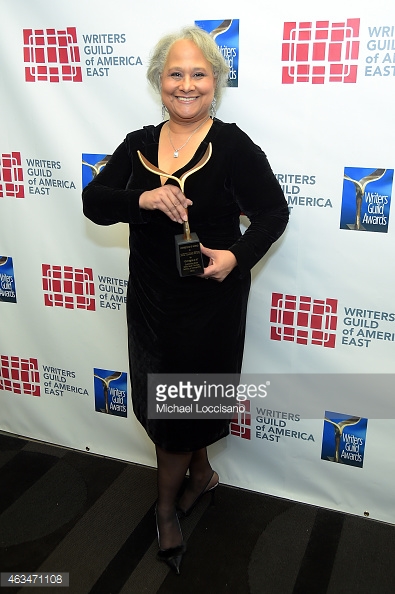
By Graciano Clause
The York College chapter of the National Association of Black Journalists hosted a panel discussion on Nov. 3 that featured WCBS 880 radio reporter Jane Tillman Irving.
Irving, who won the 2015 Writers Guild Award for radio news script for a segment titled Civil Rights at 50, spoke on the importance of getting exposed to all areas of journalism to have a wide array of choices when choosing a career path.
“A print background can never hurt you, it’s like everything else I said which is just words on paper,” said Irving.
Those were words of appreciation as Irving was once a reporter for her school newspaper at City College and other newspaper offices before she got her big break in radio.
“Print is the basis of it all and any time you get the opportunity to write or broadcast you should take it.”
Her path throughout her career has taken her through many challenging situations bringing her to where she is today.
In Irving’s earlier journalistic career, she received news that there was a fire set in the student lounge located in the same building she was working. She rushed to the scene like any studious journalist should, but the security stopped her.
“My newspaper is in that building and I have to get on campus,” she told the security guard. “That’s the wrong answer. You should have said you were with me.” The voice of Ed Bradley working for CBS at the time resonated right behind her. Bradley mentored Irving leading to her landing a job at Community News Service, a news agency started to address insufficient coverage of African Americans. She worked there for awhile and other organizations like Woodside Radio Laboratory (WWRL) where she would sharpen her skills, but her love for news did not stop with print. Irving also had a strong interest in radio. A strike would lead her to land a job at WCBS. She worked as an action reporter, responding to audience complaints of consumer problems with public and private agencies.
When talking about the differences between radio and print Irving expressed important information about the two.
“You are writing for the ear not the eye which is most important in radio,” she said.
In television you’re writing for for both senses and in print you’re writing for only the eye. A field that is published by electrical methods, instead of older methods such as print is something that requires you to have accuracy. “Accuracy because you are writing in a broadcast medium which is fast pace.”
She mentioned that over the years stories have gotten much more shorter as radio evolved with technology being easier to work. Although things are getting easier she mentioned the hardest thing to do is to cram everything into a 30 second piece and try to make it graceful.
“You want to keep your sentences relatively short, one idea per sentence.”

